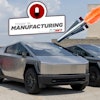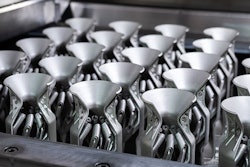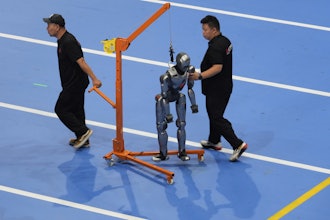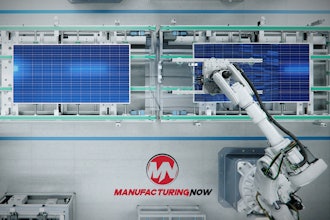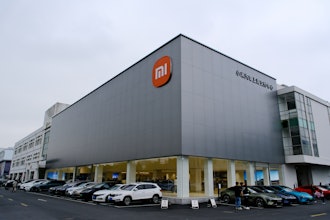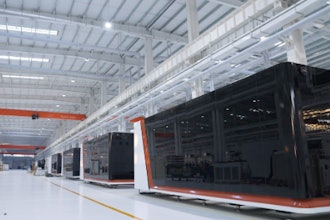With the promise of greater operational efficiency, Industry 4.0 adoption continues to grow as companies use more IoT devices. This is expected to continue with analysts reporting rapid growth in Industry 4.0 and predicting it will reach approx. USD 155.30 billion by 2024. The main benefit of this connected ecosystem is the ability to access real-time data that can be used to improve operational efficiency. However, this brings its own challenges. All these devices have sensors that require efficient, safe powering—often in hostile locations. Let's look at how solid state batteries can meet this need and provide autonomous power to the various sensors used in Industry 4.0—even those in the most difficult environments.
Technological advances in sensors have resulted in smart sensors producing real-time data which can help companies:
- Connect their production stages
- Refine logistics
- Optimize safety
- Implement a Predictive Maintenance program
These then bring down operational costs and can all contribute to huge overall performance increases. This new Smart Factory will be full of sensors (often called end nodes) but all the benefits will be negated if the sensors keep running flat or the cost of powering them is too expensive.
These smart sensors need to be strategically placed on equipment and machinery in order to obtain the data. These can be in difficult to reach locations such as airplane wings, wind turbine blades, offshore drilling, and mining locations. Because of this, cabling is often impractical and costly so wireless charging is a necessity resulting in a trend towards using battery power. However, this raises concerns about not only the cost, but also the environmental impact of disposing of all the batteries when they reached the end of their short lives.
Traditional batteries include polymer or liquid electrolytes which limit the temperatures and vibrations they can handle, resulting in potential dangerous leakages. Whilst some industrial cylindrical batteries can operate at higher temperatures they are large and bulky. The smaller primary coin cells operate up to 125˚C but are not rechargeable. Those that are, have a top operating temperature of 70˚C which is too low for some industrial applications.
Fortunately, just as sensor technology has advanced, so too has battery technology with solid state batteries answering the challenges to powering Industry 4.0. Whilst lithium-ion batteries contain a flammable organic solvent to regulate current flow between the anode and cathode, with a solid state battery this is replaced by a solid electrolyte which is non-toxic and will not catch fire. With no liquids of polymer electrolytes, they are leakage-free thus improving safety. In addition to being resistant to extreme temperatures, they are also resistant to high moisture environments and high vibration environments—key in Industry 4.0 where a large range of machinery vibrates as it works.
Solid state batteries can be scalable and have the potential to be ultra-small in size but with high density—enabling them to store twice as much energy as a lithium-ion battery in the same area. In addition, they are capable of efficiently storing the intermittent and often low power energy that can be harvested from the environment.
They can run a very high number of cycles enabling long battery life—good for cost and the environment. Conventional lithium ion batteries usually cycle 500-1000 times whereas solid state batteries may cycle 5000 times. Companies can safely install solid state batteries into their IoT devices knowing they can be left to do their job for up to 10 years without requiring maintenance or replacement. They are a ‘Fit and Forget’ power source for the connected ecosystem. This is key when fitting potentially mobile factory equipment with sensors—for example, flexible plant designs where units are configured in a modular fashion where it is difficult, often impossible, to cable the sensors to the mains. The equipment can be left to do its job enabling smarter production and greater efficiency.
As Industry 4.0 continues to be implemented so will the number of sensors being used increase. Whilst they are key to its success, powering all these sensors has been a major challenge. Fortunately, with advances in battery technology, solid state batteries can now provide ‘Fit and Forget’ power to Industry 4.0.
Denis Pasero is a product commercialization manager at Ilika Technologies.

